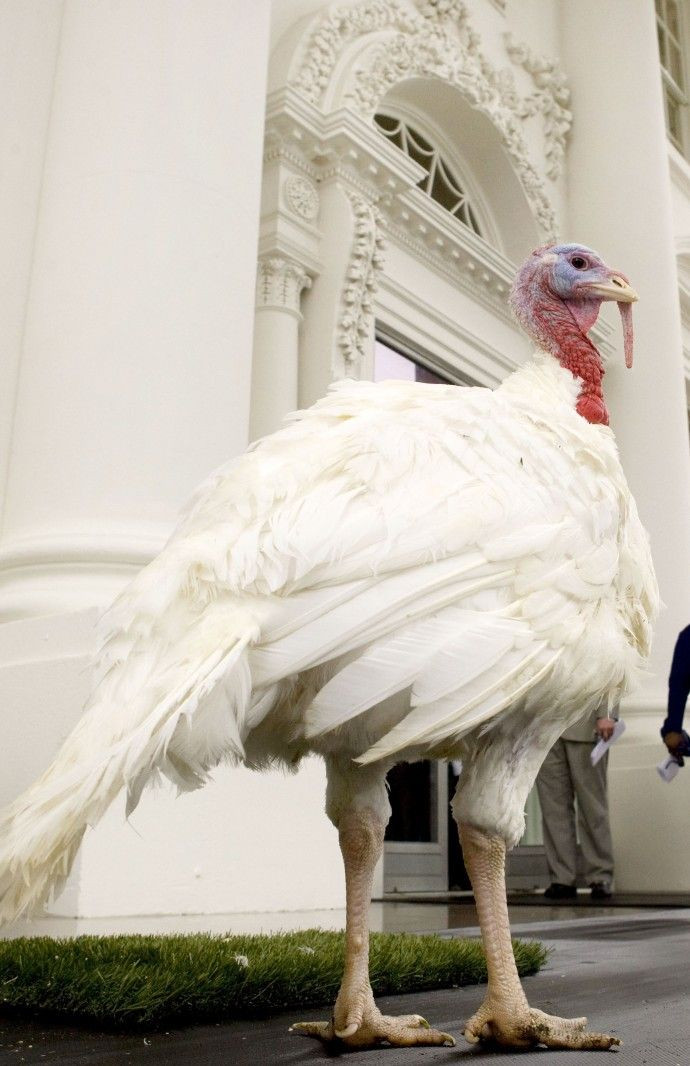Turkey Shortage May Play Spoilsport This Thanksgiving Day

With U.S. food banks facing a shortage of turkeys this season, Thanksgiving Day will not be the same for some Americans this year. Because of the nation's bad economy, the number of turkey donations will be reduced drastically.
The River Valley Regional Food Bank donated more than 2,000 turkeys to those in need last year, but the Fort Smith, Ark., pantry has only a little over 200 birds available this year, according to ABC News.
Elsewhere, the Center for Food Action in New Jersey needs about 1,000 turkeys for its distribution sites in Bergen and Passaic counties, while the Foodbank of Santa Barbara County in California needs about 4,000 birds.
And, in Illinois, the Oak Park River Forest Food Pantry will likely not give out any turkeys at all.
Ken Kupchick, the Feeding America network food bank's marketing and development director in Fort Smith, said the 200 birds the local group had received for distribution would have to be split among people most in need: We've isolated some outreach programs to disabled veterans and returning veterans who are unemployed. Half of the turkeys will go there. The other half to low-income people on the other side of town. That's the best we can do.
Putting a turkey on the table is pricier this year than it was last year. The American Farm Bureau Federation reported recently that a traditional turkey meal would cost about 13 percent more. A 16-pound turkey costs an average $21.60 this year, compared with an average $17.70 last year. A typical meal per person costs about $5.
The poor economy in the United States has resulted in food insecurity across many areas. Nearly 49 million men, women and children worry about the source of their next meal, Feeding America's Shannon Traeger told ABC News.
© Copyright IBTimes 2025. All rights reserved.





















